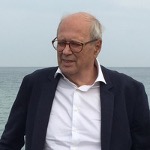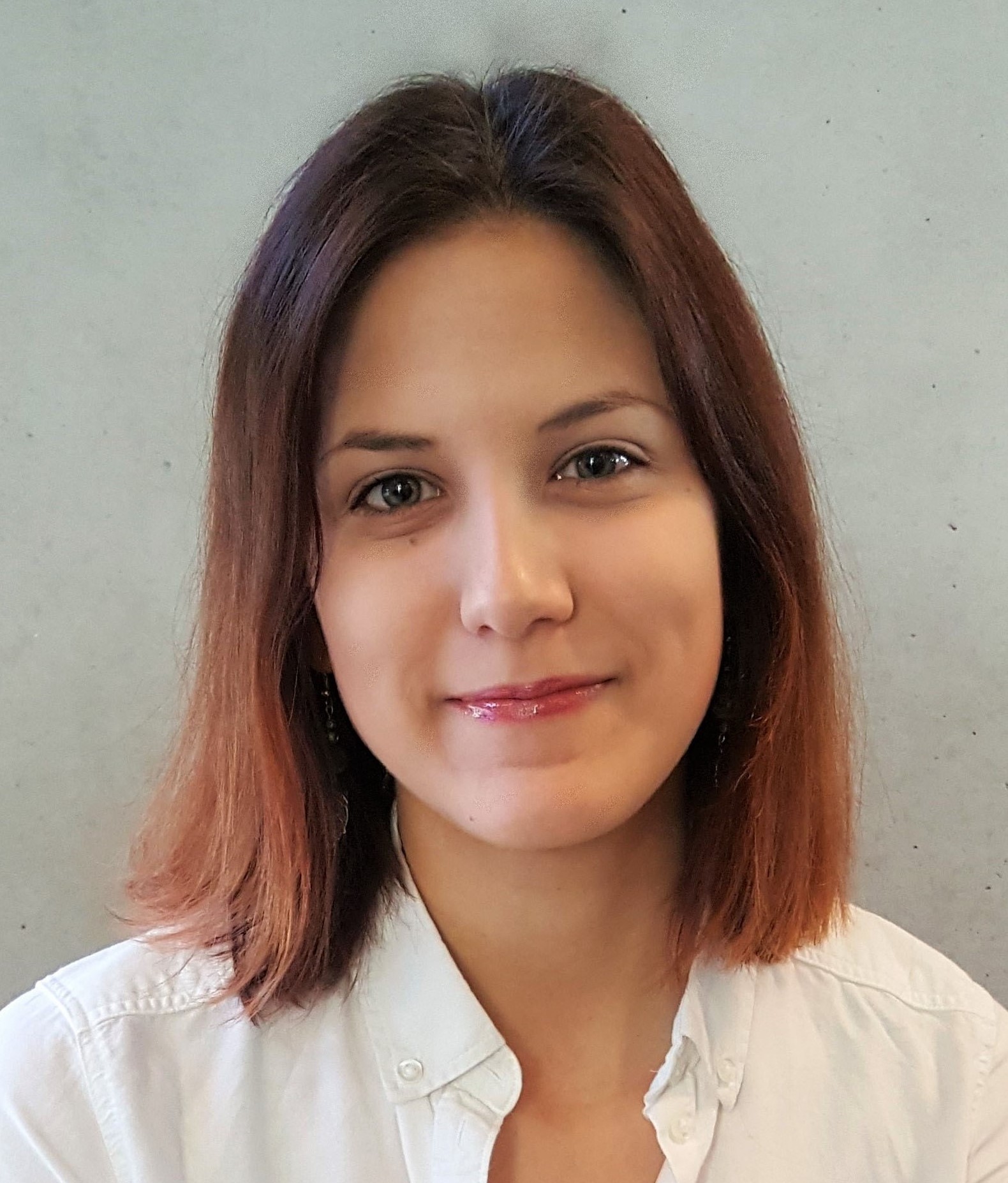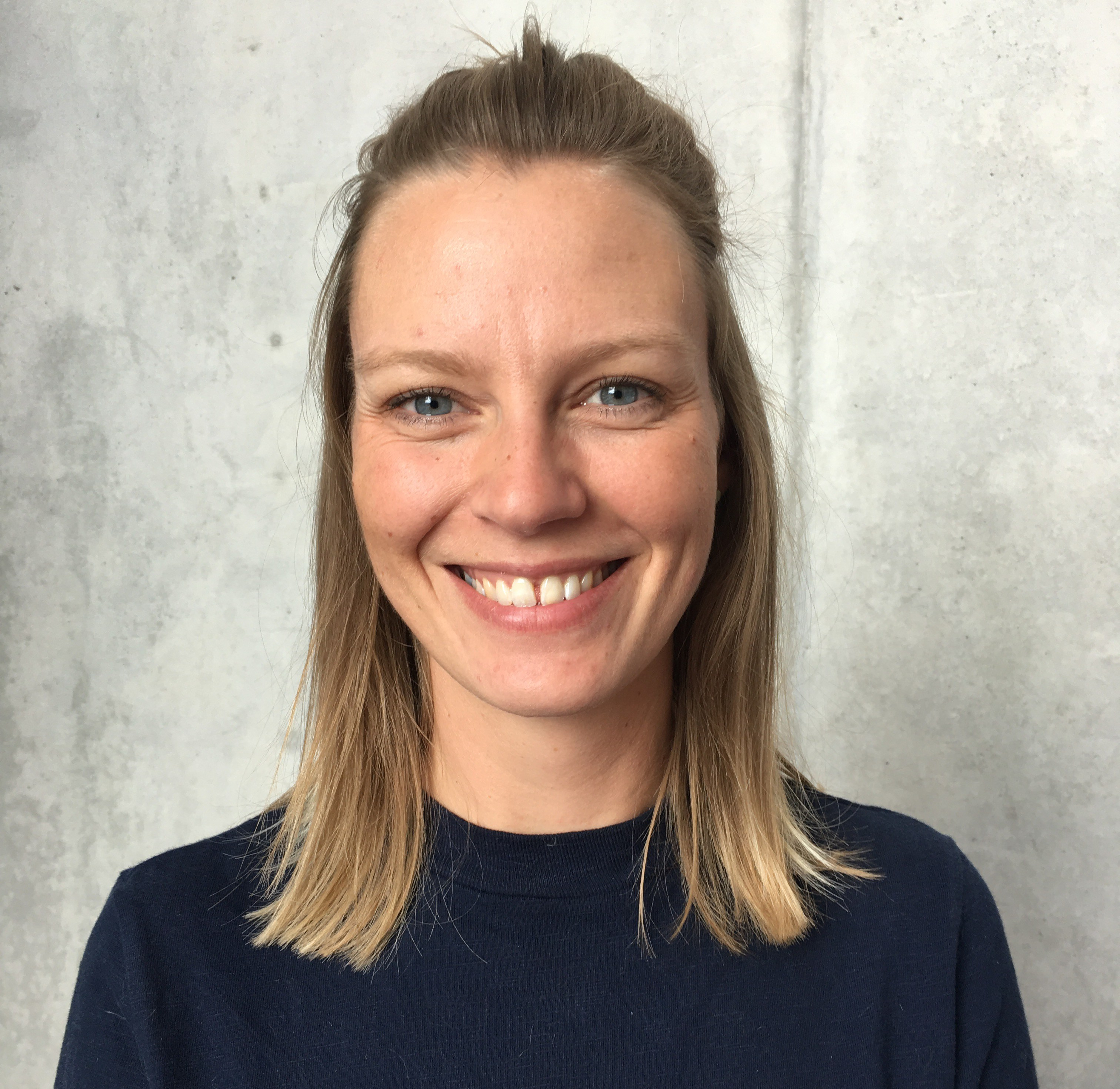Raphael Reuten, March 2017
The German Society for Matrix Biology Young Investigator Award is selected every year during the society’s Annual Meeting. This year the meeting took place in Cologne and was organised by Gerhard Sengle, Julia Etich and others.
I was delighted to be nominated, together with two other outstanding scientists: Eva Brauchle, from the Schenke-Layland lab, University of Tübingen and the Fraunhofer Institute for Interfacial Engineering and Biotechnology (IGB) and Zhiqi Sun, from the Fässler lab, Max-Planck Institute of Biochemistry, Matrinsried, Munich).
Eva Brauchle presented an interesting and promising diagnostic tool which uses spectroscopy to detect deficiencies of extracellular matrix proteins related with skin diseases while Zhiqi Sun presented the uncoupling role of the intracellular Kank protein family members of integrins, during force transduction.
 I was excited to present parts of my PhD thesis, giving insight into the disruptive force of the secreted extracellular matrix protein netrin-4 on basement membranes (read more about my work), and was thrilled to be selected as the winner of the Young Investigator Award.
I was excited to present parts of my PhD thesis, giving insight into the disruptive force of the secreted extracellular matrix protein netrin-4 on basement membranes (read more about my work), and was thrilled to be selected as the winner of the Young Investigator Award.
The Annual Meeting of the German Matrix Society brings the majority of german matrix experts together every year. Moreover, the Society aims to invite outstanding scientists working on extracellular matrix topics and problems. This year we had the chance to see the work of Vivek Malhotra, Barcelona, Spain who provided insight into Collagen secretion; Viola Vogel, Zurich, Switzerland who presented a peptide approach to sense matrix stiffness status within tissues, and Boris Hinz, Toronto, Canada who showed the memory ability of fibrotic matrix.
I would like to thank the whole organising team of the Meeting for some inspiring days.


 We are happy to announce the addition of a new PhD student to our group. Please welcome MSc Maria Rafaeva.
We are happy to announce the addition of a new PhD student to our group. Please welcome MSc Maria Rafaeva.


 I was excited to present parts of my PhD thesis, giving insight into the disruptive force of the secreted extracellular matrix protein netrin-4 on basement membranes (
I was excited to present parts of my PhD thesis, giving insight into the disruptive force of the secreted extracellular matrix protein netrin-4 on basement membranes (